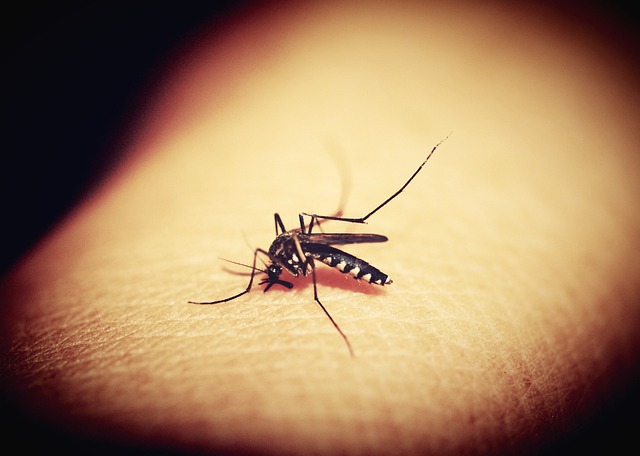Understanding Pest Stinging Behaviors
When most people think of pests, they generally don’t think of pests just flying in aimlessly and randomly stinging people or animals. But, pests do have some very specific behaviors when it comes to stinging. In this article, we’ll cover why pests sting and how to protect yourself from stinging pests.
Types of Pests That Sting
There are some common pests that can give you an uncomfortable sting—bees, wasps, hornets and yellow jackets. While some may think of all these flying pests as the same, they are all actually different types of pests. Each of these pests has their own characteristic flight patterns, nest-building habits and systems.
Bees
Bees are one of the most recognizable flying pests. They fly in straight lines and are typically quite docile unless their home is threatened or they are defending a food source. When a bee stings, it will leave its stinger in the skin and can die shortly after the sting.
Wasps
Wasps are larger versions of bees, but they don’t have the same level of docility. Wasps can be quite aggressive, as they will often fiercely defend their nests and food. A wasp sting can be quite painful, as they can sting multiple times.
Hornets
Hornets can be more aggressive than wasps, and they often build nests high in trees or the eaves of houses. Hornets can sting multiple times, and their stings can be quite painful.
Yellow Jackets
Yellow jackets can be the most aggressive of all of the stinging pests. They often build their nests underground and will fiercely defend them. They can sting multiple times if threatened and their stings can cause a great deal of pain.
Pests sting for a variety of reasons. Most commonly, they will sting as a defensive reaction when they feel their home or food source is threatened, or when they are disturbed. They can also sting as a way to ward off predators, though this is less common.
Protection of the Nest
Pests are most likely to sting when their nest or home is threatened. This is especially true of bees and wasps, who will protect their nesting areas with great ferocity and will sting if disturbed.
Defense Against Predators
Pests may also sting as a defense mechanism against predators. This is generally less common, however, as pests tend to rely more heavily on the protection of their nests for safety.
Protection of Food Source
Pests may also sting if they are disturbed or their food source is threatened. This can occur if a person or animal enters an area that a pest is protecting.
People also Ask
Are all stinging insects dangerous?
No, not all stinging insects are dangerous. Most stinging insects only sting when they feel their home or food source is threatened, and will refrain from stinging unless this happens.
How do you treat a sting?
If you have been stung by a pest, it is important to treat the sting quickly. Start by washing the area with warm water and soap and then apply a cold compress to reduce swelling.
Are stings from different insects different?
Yes, the stings from different pests can be different. For example, wasp stings can cause a great deal of pain whereas bee stings may not be as painful.
What should you do if you have an allergic reaction to a sting?
If you are having an allergic reaction to a sting, it is important to seek medical help immediately. Seek medical attention if you experience any of the following symptoms: difficulty breathing, chest pain, dizziness, or swelling.
Can you remove a stinger?
Yes, you can remove a stinger. To do this, you should use tweezers or a credit card to gently remove the stinger. Be sure not to pinch the stinger as this can release more venom.
Final Words
Having a better understanding of why pests sting can help protect you and your home from stinging pests. Knowing the signs of an allergic reaction to a sting and how to treat a sting can also help you in the event of an unexpected pest encounter. Taking these steps can help you stay safe and healthy even when faced with pesky stinging insects.

